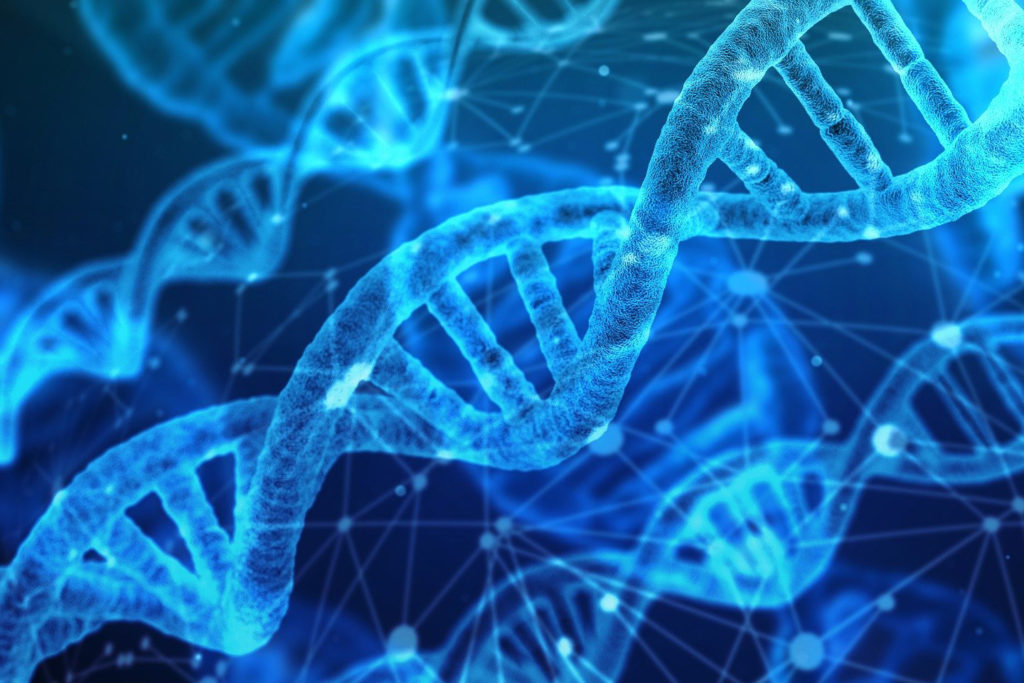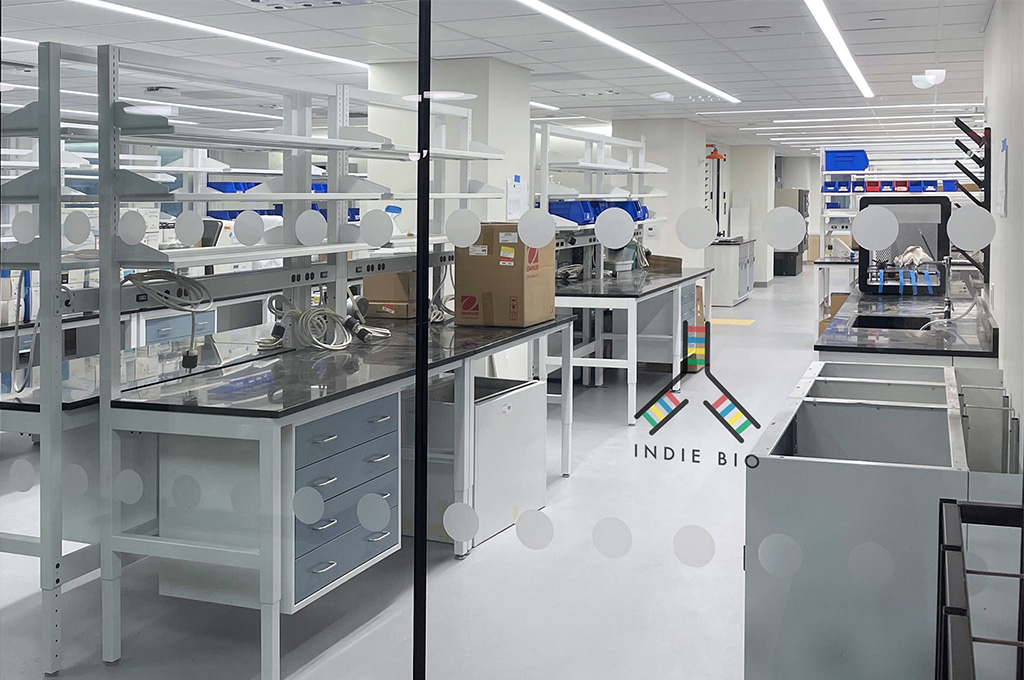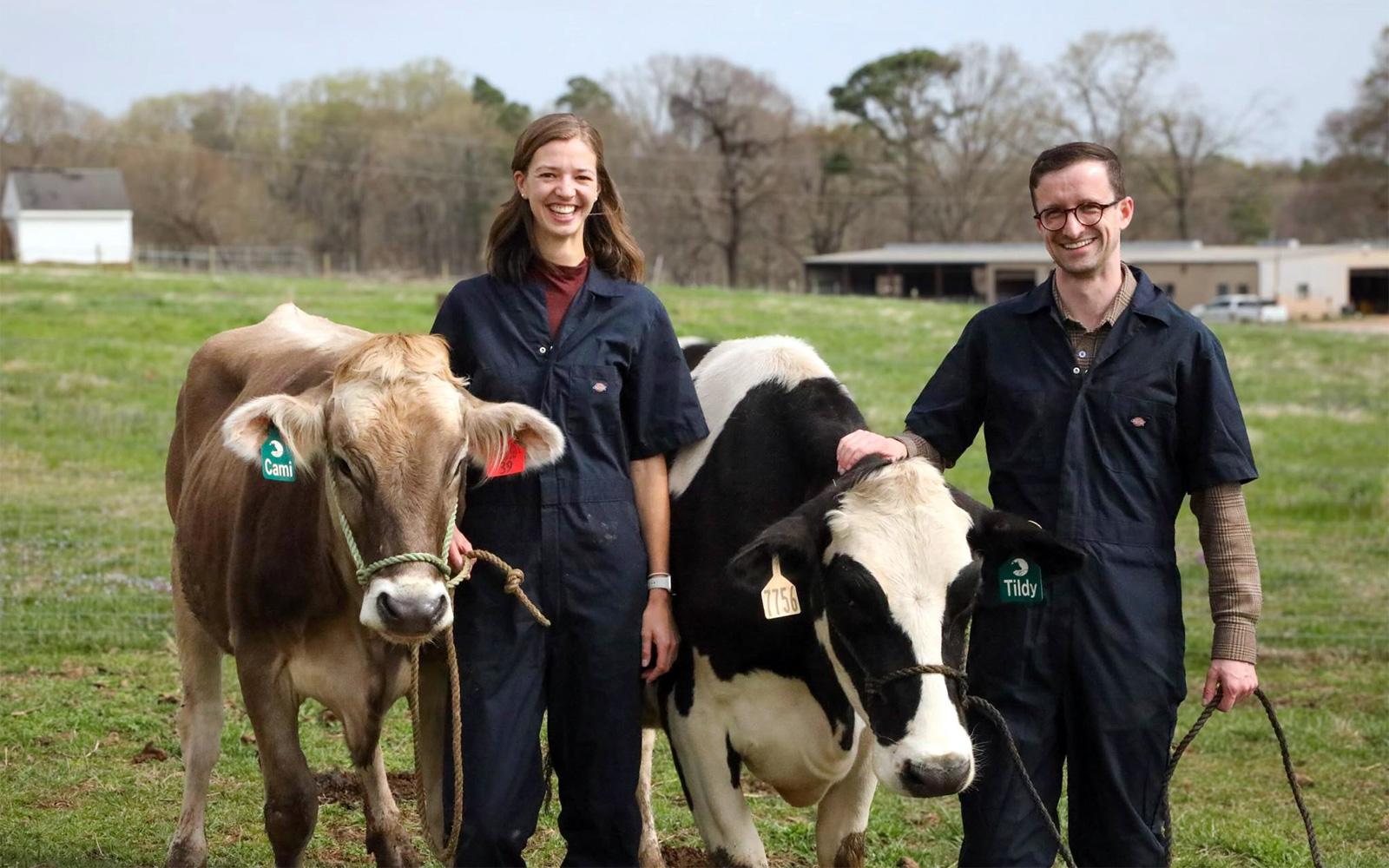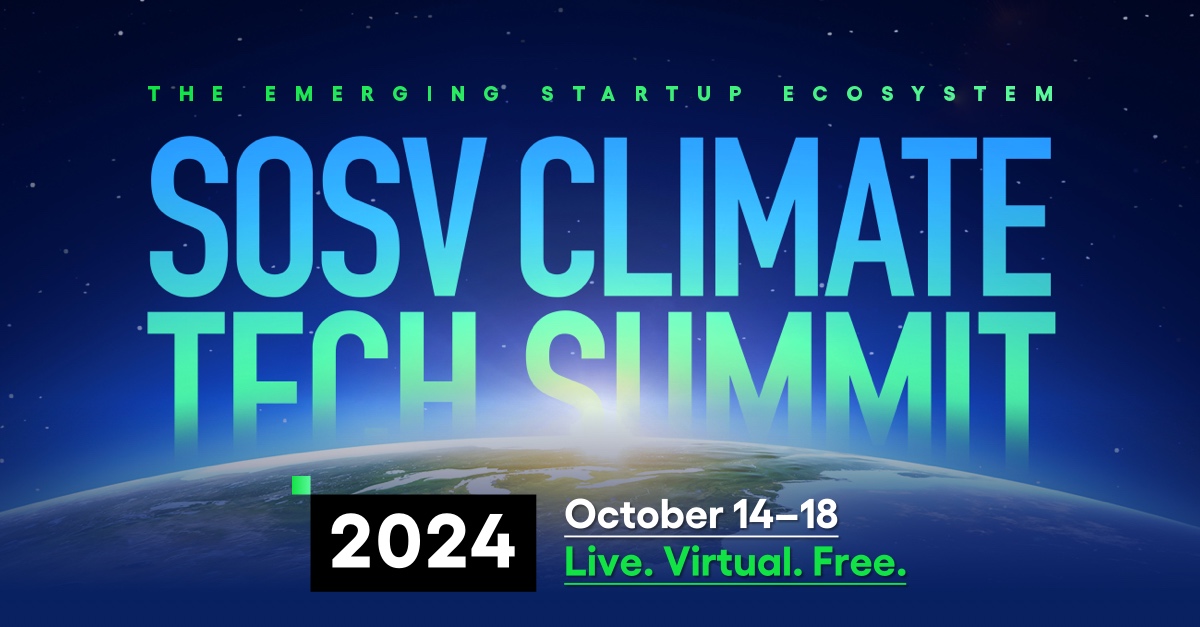Storing Information in DNA

Photo: Nathaniel Roquet (left) and Hyunjun Park of Catalog Technologies.
As the amount of information that humans create grows exponentially, hard drives and older methods of storage are becoming obsolete. DNA has been discovered to be effective medium for storing the world’s information, and it has several advantages in terms of storage space and shelf life. Catalog Technologies is not only storing info in DNA, but making the process economically viable so that it becomes more common in the near future. We asked a few questions to the company’s founders, Hyunjun Park and Nathaniel Roquet:
Tell me about your background, how did you become interested in science?
Hyunjun: Former postdoc in Prof. Timothy Lu’s group at MIT, Hyunjun obtained his BS at Seoul National University and PhD at the University of Wisconsin Madison. While in graduate school, Hyunjun worked at the university technology transfer office (WARF) and participated in the Wisconsin Entrepreneurial Bootcamp. Upon coming to Cambridge for his postdoc, he participated in MIT’s Venture Mentoring Service, as well as StartMIT, an intensive training program for startup founders.
Nate: Nate is a PhD candidate in the Harvard Biophysics program, conducting his thesis research in Prof Timothy Lu’s lab at MIT. He received his BA in physics from Princeton University. Nathaniel has a deep passion for fostering STEM education, especially with underprivileged or underrepresented youth, participating in various education outreach programs including serving as a teacher/mentor for Science Clubs of Mexico, Science Club for Girls, Citizen Schools, and the MIT Undergraduate Research Opportunity program.
What problem are you working to solve with Catalog Technologies?
As our tagline “Infinite Data Archives” suggests, we want to leverage the inherent characteristics of DNA to preserve humanity’s knowledge forever, in a very sustainable way.
If you could only pick one thing to validate your reason for forming a startup, what would it be? In other words, what would be the single biggest indicator to you that you are doing the right thing?
We want to make the greatest possible positive impact through our activities. If we are able to show that we are making a bigger positive impact through a startup than through other means, we would know that we are doing the right thing
How do you think success can change your industry?
DNA information storage has been talked about for several decades for the following reasons: 1) DNA is extremely information dense. For a given volume, DNA can store ~1,000,000X more information than SSD. 2) DNA will retain the info for thousands of years under the right conditions. This compares to decades in magnetic tape. 3) It is essentially free to copy DNA, making it possible to make many redundant copies of the information you want to archive. One of the biggest reasons DNA is not yet a major information storage medium despite these advantages, is the high cost of synthesis of DNA. If you try to store information at the point of synthesis, the cumulative cost of synthesis would get prohibitively high for large data sets. This is why our technology has the potential to disrupt the industry.
How is your team uniquely able to tackle this? What’s the expertise?
We are pioneering a paradigm shift in information storage that was invented in house. The fact that we are using DNA molecules to do this means that we can draw on our own expertise as highly trained scientists, as well as from a pool of world-leading experts that we are closely affiliated with. When it comes to the team make up, the two of us have highly complementary skill sets and have a deep level of trust in each other’s abilities.
Any big lessons learned transitioning to startup entrepreneurship?
We learned that many things we’ve picked up as scientists, such as logical and quantitative analysis skills are very useful as entrepreneurs. At the same time, we felt an immediate need to learn how to communicate our long-term vision with a general audience.
What’s the biggest challenge you’ve encountered so far?
Public speaking, social media, and engagement with the press.
What are the big goals and milestones you’re looking to hit in the short term? Long term?
Our external milestones are set as the ability to encode a given amount of information within a day. In the immediate term, we are shooting for a megabit stored by Demo Day. In one year, we aim to get to a gigabyte.
Learn more about Catalog Technologies by watching them pitch on IndieBio Demo Day Feb. 9th! Register for the event or LiveStream here!



